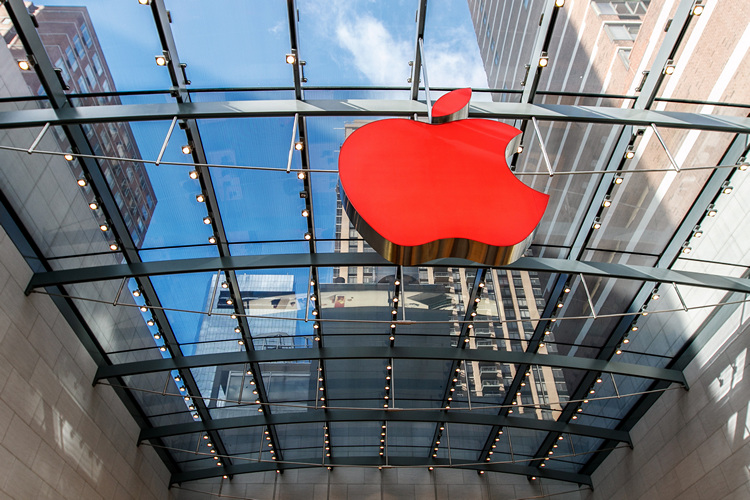
Apple has always been one of the most serious companies when it comes to protecting internal developments, but even then, the company experienced one of the biggest leaks last year when information about its upcoming devices was posted all over the internet before the launch.
Ironically, a ‘leaked’ internal memo details the company’s stance on employees leaking internal information and reveals that it “caught 29 leakers” last year and got 12 of those leakers arrested.
According to a Bloomberg report, the Cupertino giant stated that leakers “not only lost their jobs, they can face extreme difficulty finding employment elsewhere”. The memo also outlined various situations in which company information was leaked to the media, including a meeting held earlier this year where Craig Federighi, Apple’s software engineering head, told employees that some planned iPhone software features would be delayed.

The memo also tries to warn employees of potential catfishing by the media and states:
“In many cases, leakers don’t set out to leak. Instead, people who work for Apple are often targeted by press, analysts and bloggers who befriend them on professional and social networks like LinkedIn, Twitter and Facebook and begin to pry for information. While it may seem flattering to be approached, it’s important to remember that you’re getting played. The success of these outsiders is measured by obtaining Apple’s secrets from you and making them public. A scoop about an unreleased Apple product can generate massive traffic for a publication and financially benefit the blogger or reported who broke it. But the Apple employee who leaks has everything to lose.”
In the memo, Apple explains that leaked information about an upcoming product can have a negative impact on the sales of current models, give rival companies the time to come up with a competitive response, and lead to a decline in sales when the product actually launches. “We want the chance to tell our customers why the product is great, and not have that done poorly by someone else,” Greg Joswiak, an Apple product marketing executive, was quoted saying.










